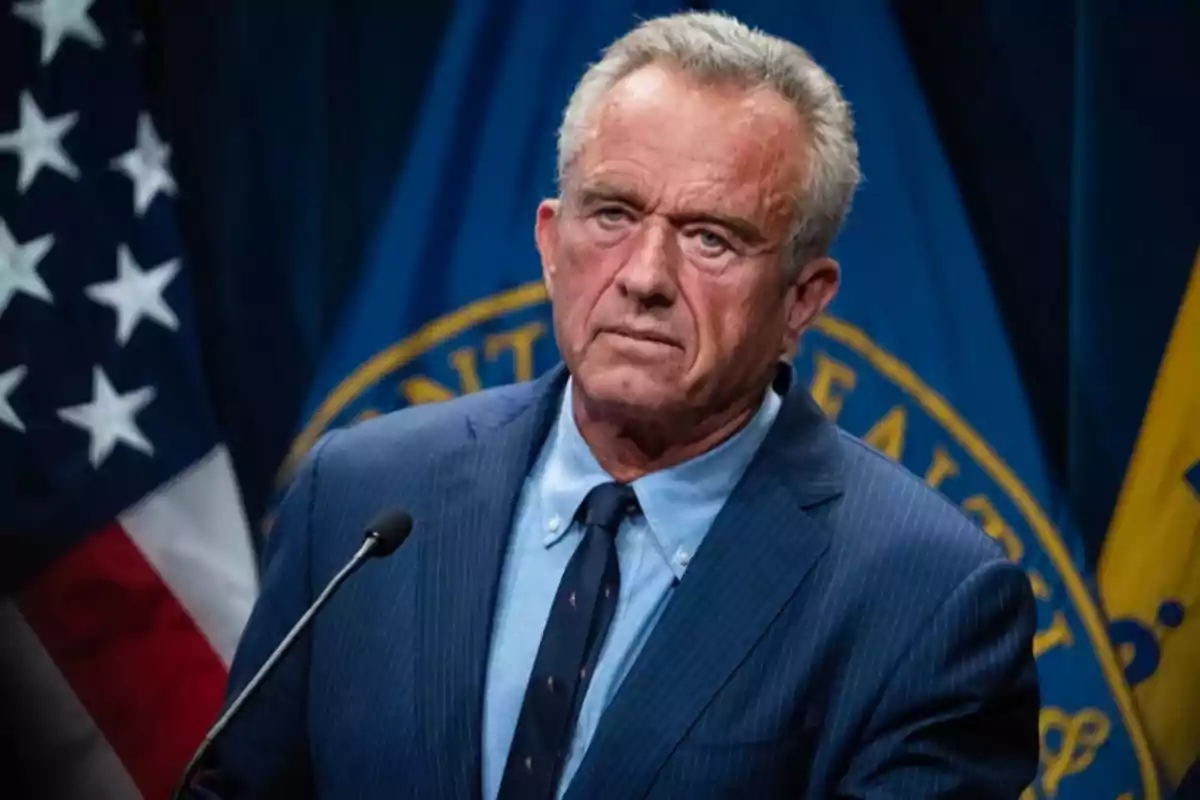
The United States plans to ban all artificial colorings in food
The U.S. Secretary of Health recently announced a plan to gradually eliminate artificial colorings in food
The United States government announced this week an important plan to gradually eliminate eight synthetic dyes derived from petroleum from the national food supply.
The announcement was led by the Secretary of Health and Human Services (HHS), Robert F. Kennedy Jr., and the Commissioner of the Food and Drug Administration (FDA), Dr. Marty Makary.
This measure is part of the "Make America Healthy Again" (MAHA) initiative, driven by Kennedy, whose goal is to improve public health by reducing citizens' exposure to food additives considered harmful.

The FDA will begin revoking the authorization of two dyes in the coming months: Citrus Red No. 2, used to color orange peels in Florida, and Orange B, used in sausage and hot dog casings.
Meanwhile, it will work with the industry to gradually eliminate six other widely used dyes: Red No. 40, Yellow No. 5, Yellow No. 6, Blue No. 1, Blue No. 2, and Green No. 3.
These additives are present in numerous popular products like Mountain Dew, Takis, Pop-Tarts, M&M’s, NyQuil, Kool-Aid, Lucky Charms, Skittles, and Twinkies. It is estimated that the consumption of these dyes has increased fivefold since 1955, with Red 40, Yellow 5, and Yellow 6 accounting for 90% of their use in foods.
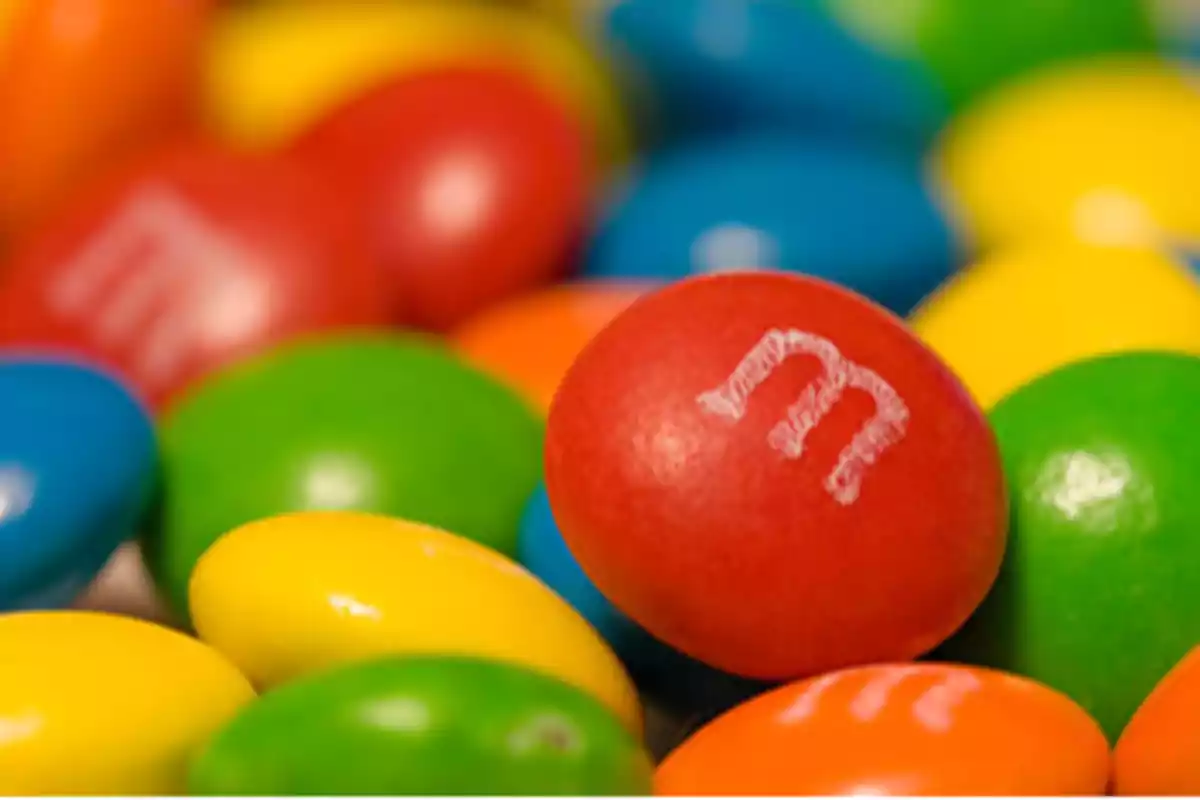
During the official announcement, Makary stated: "For the last 50 years, American children have lived in a toxic soup of synthetic chemicals." He also cited studies, including one published by The Lancet, that link the consumption of synthetic dyes to health problems such as hyperactivity, obesity, diabetes, gastrointestinal disorders, allergies, cancer, and genetic alterations.
One of the most criticized additives is Red No. 3 (erythrosine), approved since 1907 and present in candies, cakes, and toppings. It has been linked to cancer in studies with laboratory rats.
Although the FDA acknowledges that the mechanism by which it causes cancer in rats doesn't directly apply to humans, the use of this dye was banned in supplements and ingestible medications starting January 2027.
The National Institutes of Health (NIH) has also committed to further investigating the negative effects of these additives on children's health, thus supporting the new policy.
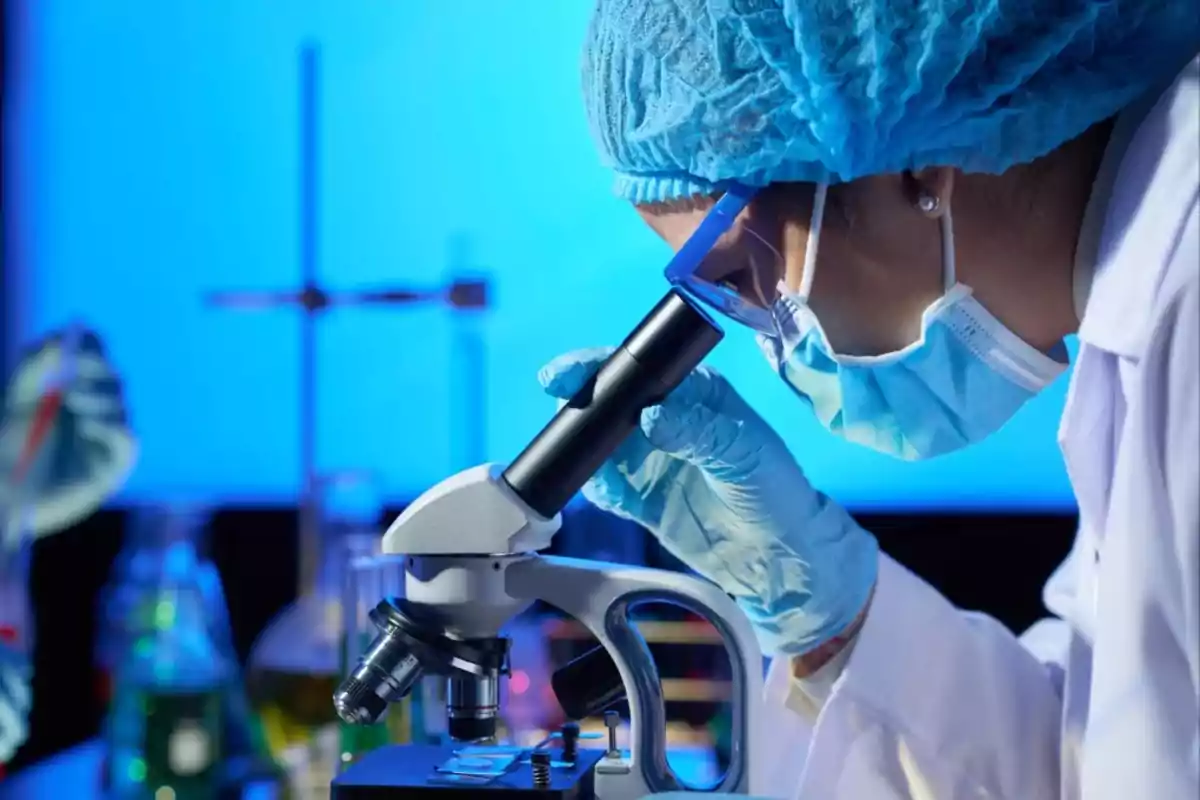
To facilitate the transition, the FDA plans to approve four new natural dyes shortly and accelerate the evaluation of others. Among the mentioned alternatives are watermelon juice and carrot juice, suggested as substitutes for red and yellow dyes.
Kennedy stated that there are currently no legal agreements with the food industry, but there is an "understanding" with leading companies to eliminate the dyes, highlighting that many companies have already shown willingness to collaborate. "They want to do it," he assured.
As part of greater transparency, Kennedy proposed an improved labeling system that will require Congress's approval and the development of an open-source website where detailed information about all additives used in foods will be published.
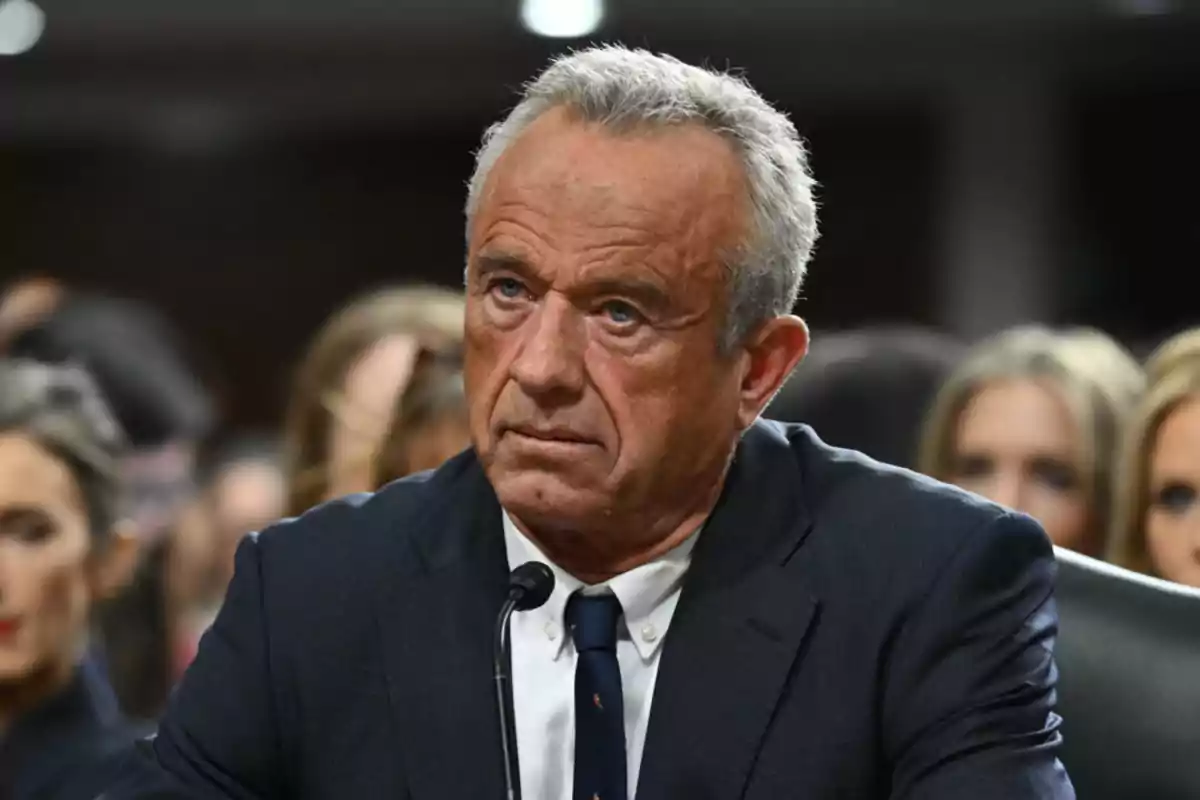
He also encouraged the creation of mobile applications that allow consumers to scan products in stores and know if they contain synthetic dyes.
Kennedy highlighted the international disparity regarding the use of these dyes: "In Canada, Froot Loops is made with vegetable dyes. In the United States, petroleum derivatives are used."
The announcement received support from several health advocates and figures from the MAHA movement. Dr. Mark Hyman, a child wellness advocate, stated: "No parent should have to guess if the food they give their child contains substances banned in Europe but allowed here." He also criticized that American food policy is "decades behind science."
Even the Republican governor of West Virginia, Patrick Morrisey, praised the initiative, stating that it seeks to improve the quality of school food. "Our children deserve real food, not chemical shortcuts that deceive the eye but harm the body."
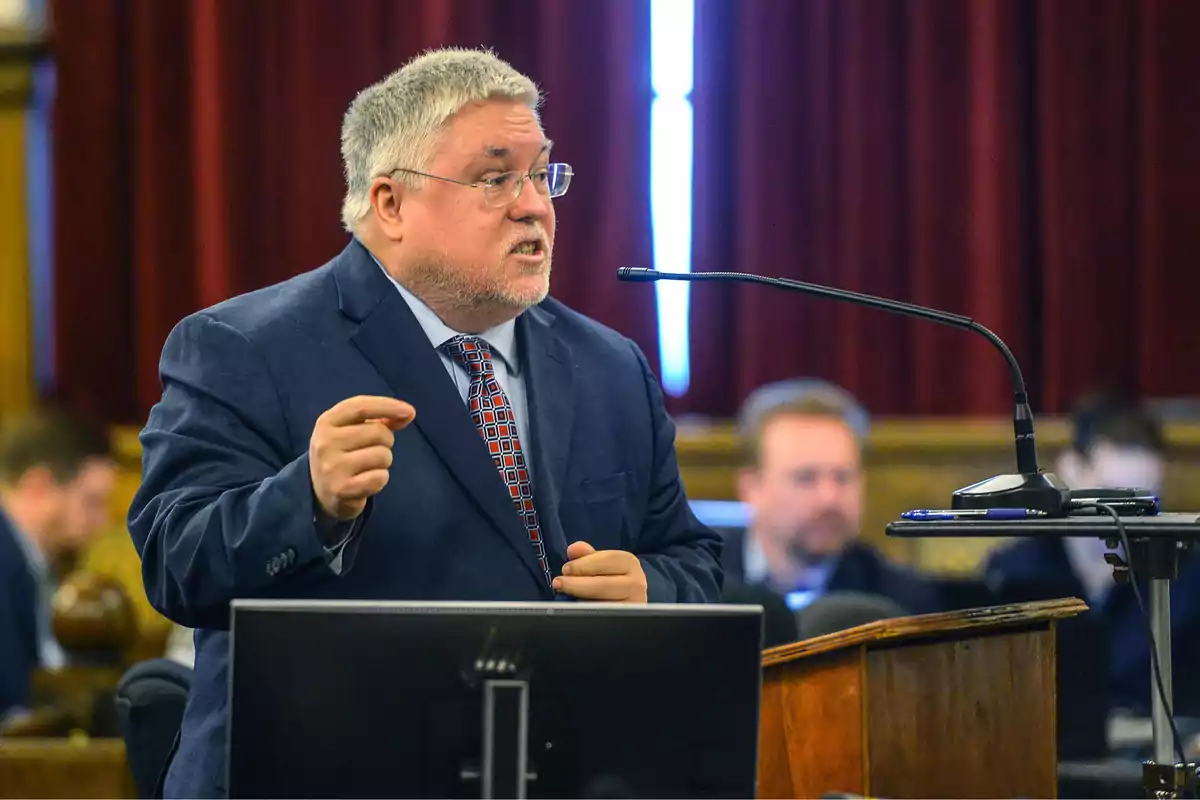
Meanwhile, the National Confectioners Association issued a statement highlighting that they follow FDA safety guidelines and look forward to working with the Trump administration and Congress to ensure that food additive evaluations are science-based.
Kennedy noted that this elimination of dyes is just the beginning of a deeper transformation. He plans to address additives in pharmaceutical products and educate the public about healthier eating habits.
Although he acknowledged that "sugar can never be completely eliminated," he called it "poison" and expressed his desire to reach "zero sugar" in American foods.
Finally, Kennedy emphasized that his administration is committed to "real and accurate" science on issues that concern families. "Our children are not eating food, they are eating food-like substances," he concluded.

More posts: